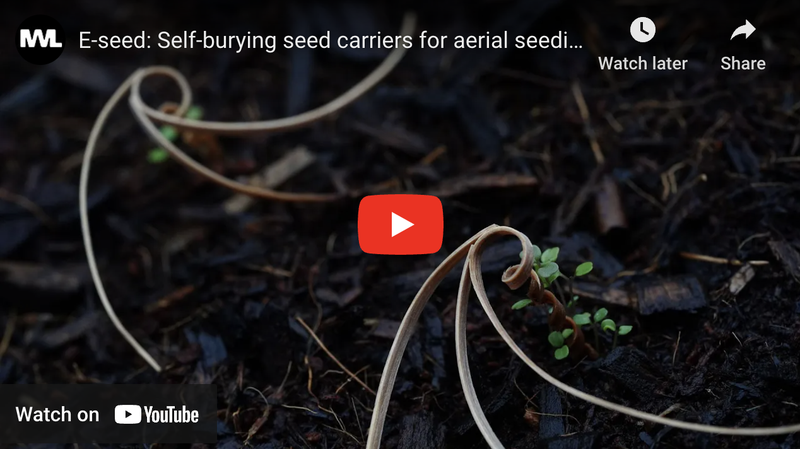Nanotechnology & materials
Danli Luo
She built a biodegradable robot to make aerial seeding more effective.

Asia Pacific
Qi QIAN
Quantum mechanisms of novel heterojunctions and superlattices, providing transformative applications for quantum devices.

Asia Pacific
Prashant KUMAR
Developing rapid synthesis methods for industrial production of chiral metamaterials.

Global
Xinpeng Zhao
He created a sprayable coating out of glass-ceramic particles that can passively cool buildings.

MENA
Abdulaziz Alzurahi
A 3D-DIC experimental setup for real-time visualization and analysis of bearing-hole failures in carbon fiber composite structures.

